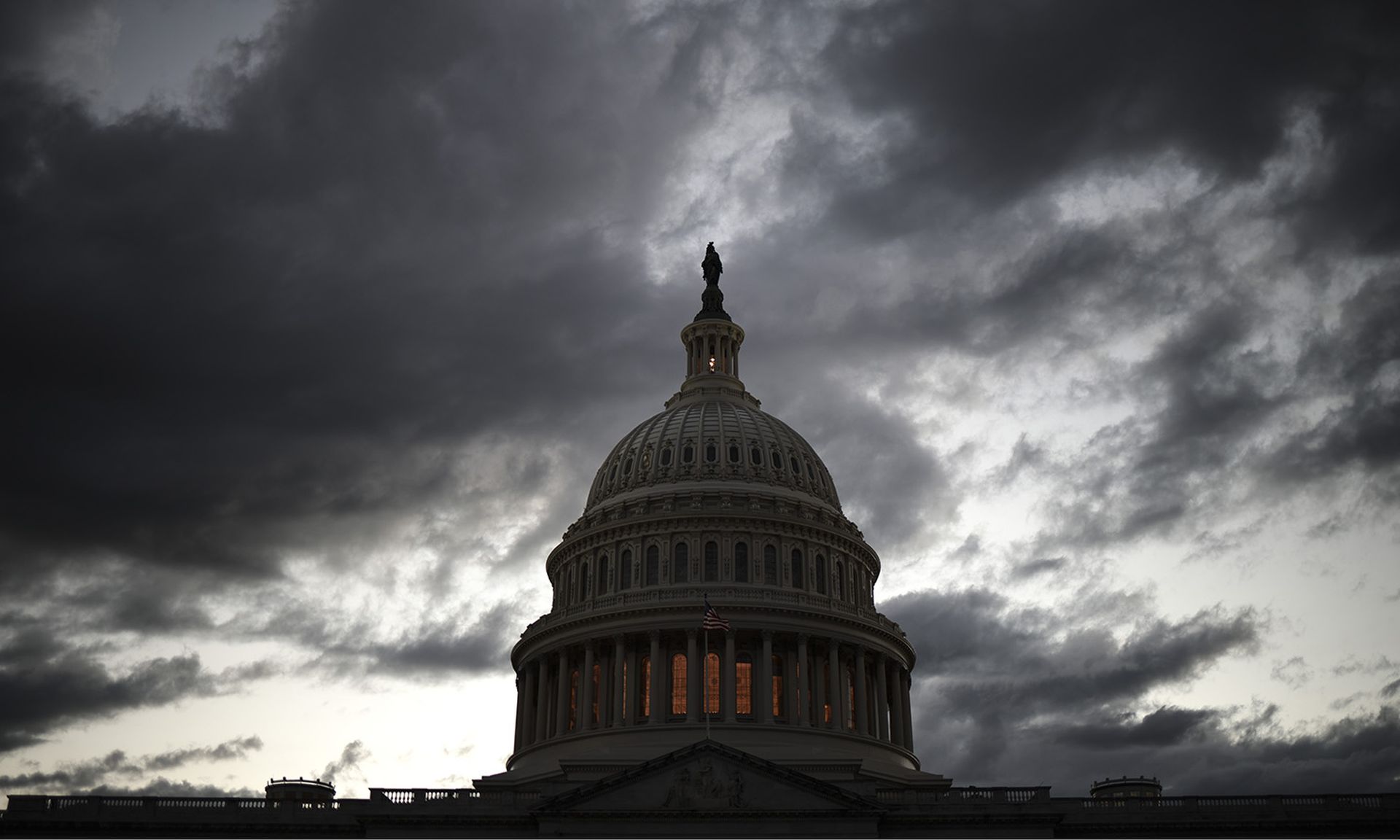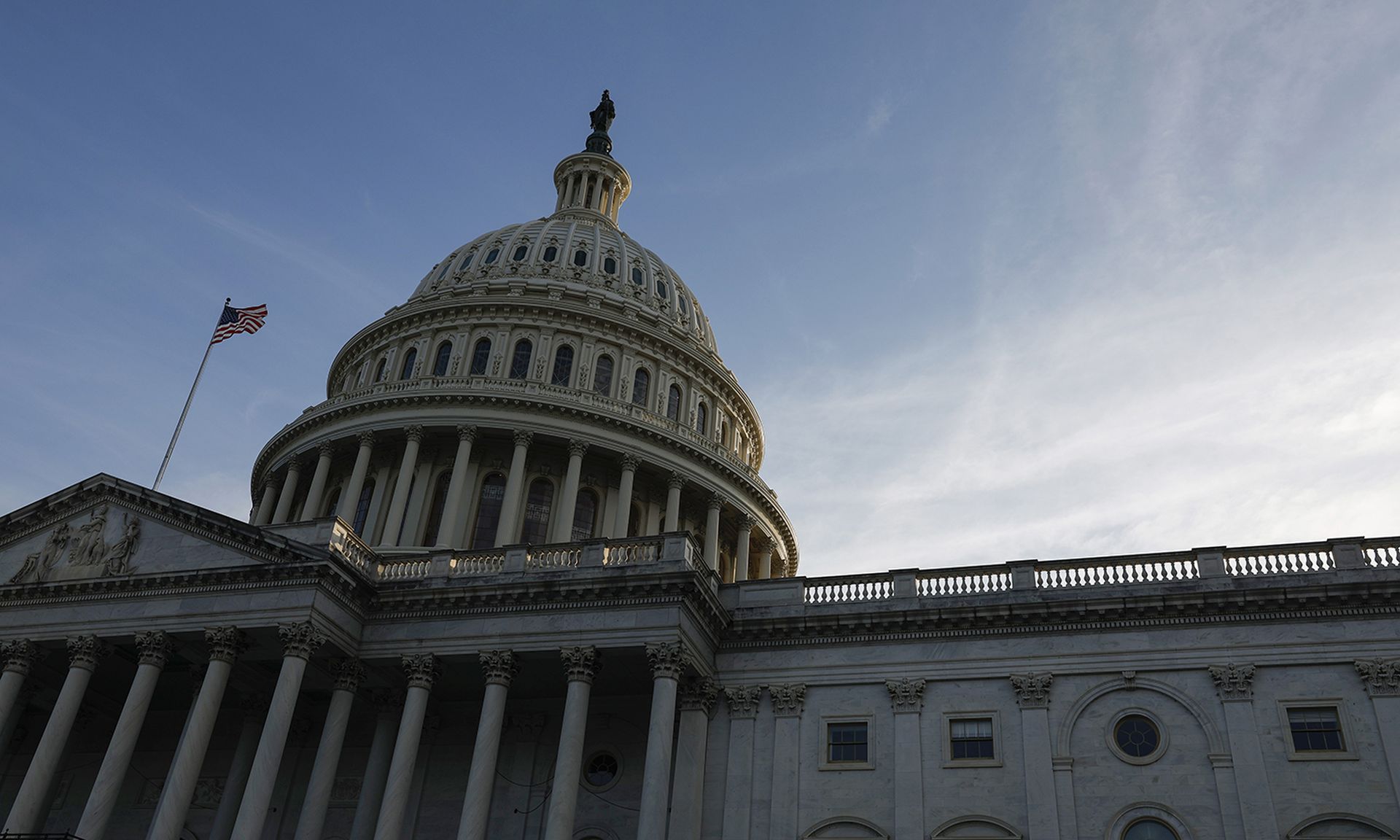House appropriators are looking to boost the Cybersecurity and Infrastructure Security Agency’s budget by hundreds of billions of dollars in their latest funding proposal, while bolstering cyber and tech-related investments at other DHS component agencies.
The funding proposal announced Wednesday includes $2.93 billion for CISA, more than $400 million above what the agency requested this year in budget proposals. Those extra dollars are heavily skewed towards augmenting the agency’s cyber capabilities, with $235 million allocated for general cybersecurity operations and an additional $46 million for its other core mission, infrastructure security. Both of those missions touch on threats to U.S. critical infrastructure entities, which has become an increasing focus for policymakers in recent years.
The proposal would also provide $41 million to support risk management operations, $41 million for integrated operations and $16.2 million for stakeholder engagement, which has been a huge part of CISA’s soft power and how it influences the cybersecurity decisions of private companies, state and local governments, critical infrastructure and other entities over which they have little or no regulatory authority.
The bill also includes $200 million to finish development and renovation of the new DHS headquarters building at St. Elizabeth Hospital in Washington, where CISA and other component agencies will be stationed.
“From dramatic investments in our nation’s cyber infrastructure to prevent increasingly pervasive cyber-attacks to ensuring our Coast Guard has the tools it needs to protect our country from Russian aggression in the Arctic, this bill is key to bolstering our national security,” said Rep. Rosa DeLauro, D-Conn.
Cyber and tech spending also boosted for CPB, ICE, TSA
Two immigration-related agencies would also see notable bumps in their cyber and technology spending.
Appropriators also set aside $40 million in funding to promote the adoption of innovative and emerging technologies at U.S. Customs and Border Protection. Under the proposal, CBP would also receive $17 million to implement zero trust security architecture in line with Biden administration mandates, $44 million for body cameras and data storage, $10 million for port of entry technologies and $6 million for financial analytics.
Meanwhile, Immigration and Customs Enforcement would receive $8.4 billion in total funding and $2.46 billion for its Homeland Security Investigations branch that includes an additional $12.8 million to focus on cybercrime and $35 million for body cameras.
Last week, the agency named former HSI special agent Steve Francis as its new assistant director for the agency’s global trade investigations division, which focuses on programs related to trade enforcement, intellectual property, and counter proliferation.
At the Transportation Security Administration, where officials have rolled out new cybersecurity regulations for pipeline owners and operators following the May 2021 Colonial Pipeline ransomware attack, the agency would receive $4 million increase in funding for pipeline security programs and another $600 million for salary increases for its workforce, which until recently has historically lacked significant cybersecurity expertise, forcing the agency to rely on other components like CISA




